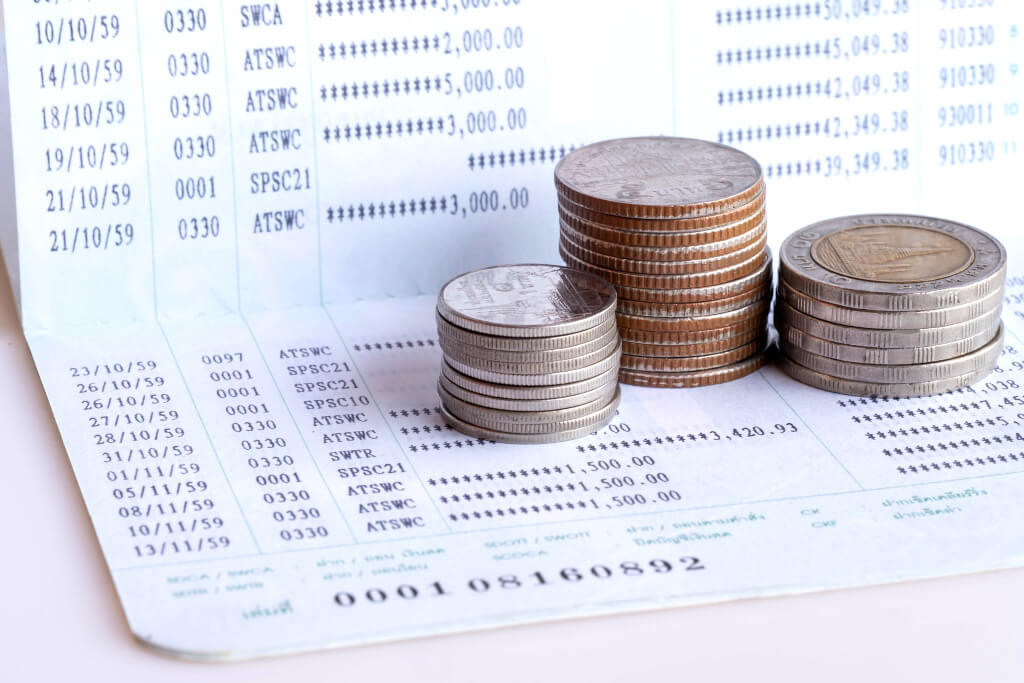The rising cost of borrowing money in South Africa has dampened the hopes of would-be homeowners. Not only are people having trouble making ends meet, but they also have a harder time putting together a sizable down payment. But if you’re determined to buy a home, putting together a sizable down payment could be the difference.
Paul Stevens, CEO of Just Property, suggests postponing the purchase for a year or two to prepare for a larger deposit, which will reduce the amount of money borrowed and the interest paid over time.
A deposit of R100,000 is normally required when purchasing a home with a value of R1 million. Your new monthly payment would be R8,670 rather than R10,837. It’s possible to make significant savings over 20 years.
Aim for R50,000 every year, or around R4,200 per month, to have R100,000 saved in two years. The following 10-step plan shows how reasonable changes in routine and budget can make the impossible possible.
1. Look into things and make savings
Cut back on the price of necessities by shopping around for the best deals and choosing the least expensive option. The deposit can be made with the money that has been saved.
Weighing in on the potential of price comparison, we can consider the existence of cost-saving apps that provide real-time updates on prices from various supermarkets, helping consumers make informed decisions. Another notable point to explore could be bulk buying of non-perishable items during sales to further maximise savings.
2. Practise Restraint When Going Shopping

Only buy what you need and save money with sales. Buying online helps reduce impulse buys. One key consideration is the utilization of wish lists on online platforms, which allows you to track price changes over time, securing the best deal. Also, it’s essential to recognise the psychological tactics employed by marketers to encourage impulse buying, such as limited-time offers. Having this awareness can help in resisting temptation.
3. Begin Savings Promptly
Put away R4,200 before monthly expenses into a 72-day call account, which earns more interest and prevents you from spending it impulsively. Exploring various saving options is crucial. Besides the 72-day call account, savings could be invested in money market funds or fixed deposits for higher returns. It’s also worth exploring auto-debit arrangements with banks to automate savings, reducing the temptation to spend and ensuring consistency.
4. Prefer to Eat at Home
Instead of ordering in or buying pre-made meals, try cooking at home. Saving money on groceries and energy by cooking in bulk once a week. Aside from being economical, home cooking allows control over ingredients, promoting healthier dietary habits. Additionally, planning meals around seasonal produce can yield considerable savings. Seasonal fruits and vegetables tend to be cheaper due to their abundance, and often, local farmers’ markets offer competitive prices.
5. Justify Your Car Use
Think about whether or not your family needs two cars. You could sell one of your cars and reduce your transportation options to a scooter or one car. The satisfaction of having your own house makes any hardships along the way worthwhile. This can be taken further by exploring public transport options or carpooling, which, in addition to being cost-effective, is a more sustainable choice. Also, it’s worthwhile to consider remote work or telecommuting, where possible, to significantly cut down on commuting costs.
6. Evaluate Current Insurance Coverage
Verify the asset values reflected in your insurance policy are correct to save money on coverage. Insurance providers often offer discounts for bundling different types of insurance, which could lead to savings. Also, periodically shopping around for better insurance rates can be beneficial, as loyalty doesn’t always guarantee the best deal in the insurance industry.
7. Put Off Mobile Updates

You might save money by sticking with your current phone and switching to a more affordable plan. Spend the next two years running or joining a cheaper gym. n the technology realm, consider open-source or free software alternatives to expensive programs and applications. Also, with the rise of online learning platforms, physical fitness can be maintained at a fraction of the cost of gym memberships, with the added convenience of working out anytime.
8. Make Some Side Money
Think about tutoring, doing odd jobs, or starting a side business to boost your income; put all of the money you make into savings. Renting out unused space in the home through platforms like Airbnb could be a viable income source. It’s also possible to monetise skills or hobbies; for example, crafting handmade items for sale on platforms like Etsy, or offering freelance services in areas of expertise.
9. Reducing Your Living Space
Think about getting a smaller rental unit for the time being. This can help you save money on rent while you put up a larger security deposit. Co-living or shared housing is an emerging trend that can significantly reduce living costs. Additionally, moving to suburban or rural areas where rents are typically lower can be considered, especially with the growing feasibility of remote work.
10. Adopt a Spartan Lifestyle
Spend only a fraction of every windfall you receive, such as a bonus, a gift, or a commission, and put the rest into savings. The concept of ‘zero-dollar days’, where no money is spent, can be integrated into monthly routines to bolster savings. Besides, practicing mindful spending, where each expense is thought through in terms of necessity, can help in cultivating frugality.
Besides these measures, paying off any debt is essential. “A good, clean credit record in today’s day and age becomes crucial for any first-time buyer,” says Francois du Toit, Director of Tyson Properties Johannesburg.
Richard Grey, CEO of Harcourts SA, agrees, stressing the significance of maintaining healthy credit practices. He also suggests making a budget and allocating some of the money you earn to savings.
Finally, before looking at property, it’s important to have a solid grasp on how much of a mortgage you can comfortably manage. “Before you start investigating the property market, get a ballpark estimate of what you might be able to afford,” advises David Jacobs, Regional Sales Manager for the Rawson Property Group. He recommends utilising a cost-benefit analysis tool or
Asking a Bond Originator for Their Professional Opinion
It is possible to save R100,000 for a property down payment in two years with proper financial discipline, even though doing so will be difficult financially. It calls for an all-encompassing strategy, some giving up, and constant work. As Stevens notes, however, the payoff of home ownership and reduced long-term bond repayments can be substantial.
As would-be homeowners take these measures, positive economic impacts are anticipated to cascade throughout the economy. Having more people with equity in their homes increases household wealth, necessitates more building, and stimulates the economy as a whole. It may seem impossible to save R100,000 in two years without some help, but with a plan and a focused mind, it’s possible to do just that.
Keep in mind that any effort put forth in this direction will ultimately lead to greater financial security and the satisfaction that comes from owning one’s own home. To make home ownership in South Africa more attainable for everybody, let the dream of homeownership serve as motivation to implement these savings tactics.
About the Author:
Luthando Khumalo is a renowned innovation officer and respected entrepreneur in South Africa. With over a decade of experience in the South African business sphere, Luthando brings a unique perspective to the nuances of property investment and development.




